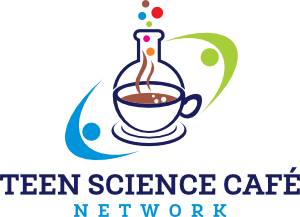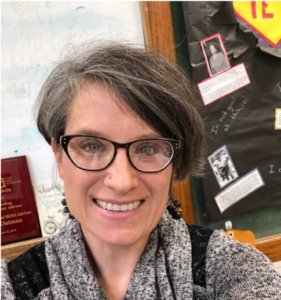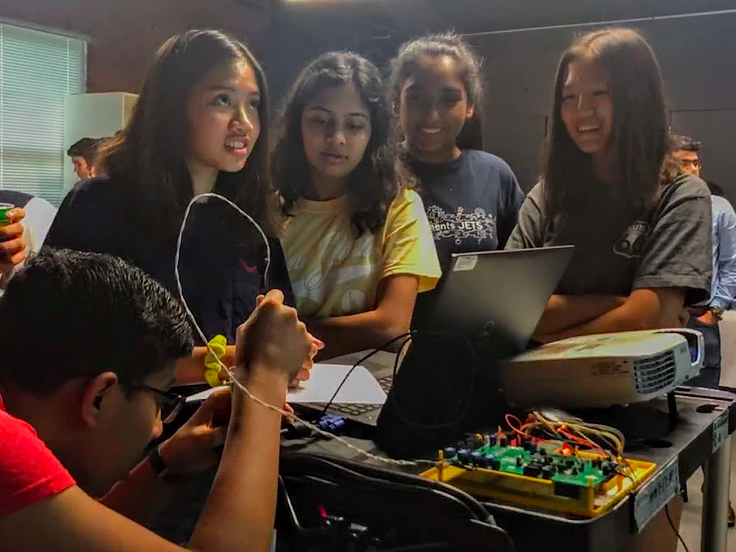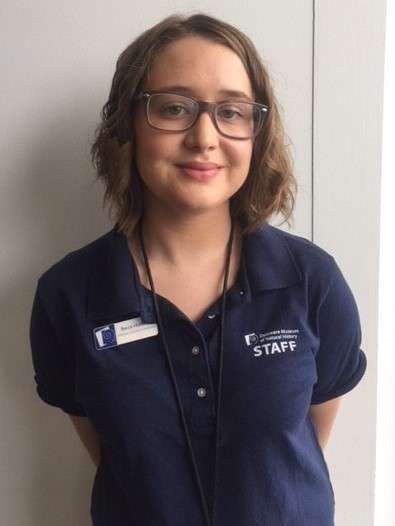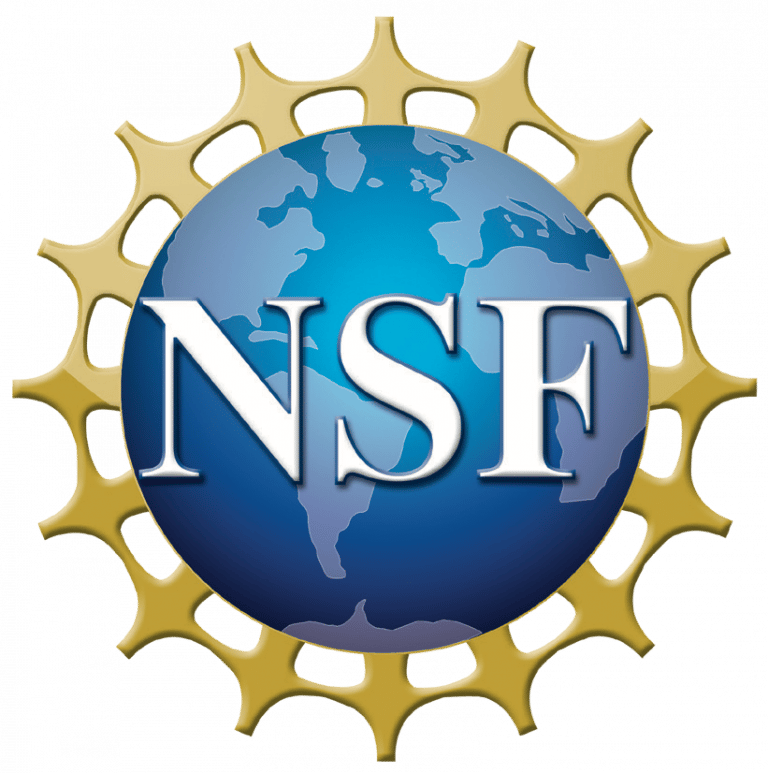 The Ion Science Café in Vero Beach, Florida is building a teen science café and learning a lot along the way. Here are some of their new perspectives on what it takes to create a café for everyone.
The Ion Science Café in Vero Beach, Florida is building a teen science café and learning a lot along the way. Here are some of their new perspectives on what it takes to create a café for everyone.
It is not particularly challenging for scientists to communicate their science among peers. Their challenge lies in communicating science to those who may not be familiar. Communicating science has many aspects when working with a teen audience that may have never had any interaction with a scientist and thus, may not see themselves in such a role or even know what it means to be a scientists.
We have developed new perspectives on reaching out to teens. Our team recently had an unexpected finding… the culture of one’s region may have a profound impact on the approach to planning a teen science café.
Planning a teen science café in Boston, MA? Great! Coordinating an event in Birmingham, AL? Wonderful. Keep in mind, however, that your approach (and mileage) will vary. “Know your audience” will be taken to an entirely new level. The value of patience, flexibility, and creativity cannot be overstated in customizing your café to your local audience. Here are some things we have observed and are still exploring.
Patience. We are taking the time to consider diversity in ways that might not immediately come to mind. For example, the academic interests, beliefs and habits of a diverse population can easily impact the effectiveness of a teen science café. Exposure to science-related professionals may or may not be a part of a group’s culture or prior experience. We have encountered students who face economic and cultural challenges that seem to influence their views about careers in science. Our planning group is analyzing and incorporating this type of feedback as we prepare for future cafés. We want to ensure that teens walk away from a cafe experience thinking, “I could do that!”
With patience, we are developing greater awareness and sensitivity to plan a comfortable and genuinely welcoming event for an audience with wide socio-economic, race, ethnicity, gender, and religious differences. We don’t generally think about these things in our scientific work.
Creativity. Creative thinking is an asset in science and in science outreach. A science café is not a lecture, and once you get past that idea, the sky is the limit on the ways you can engage teens. Depending on the topic and audience, each cafe can be very different than the next. As we gather more experience, we are incorporating new ways to interact that leave the students wanting more. In every presentation, we aim for a good vibe and to get that takes effort, listening and talking with the teens.
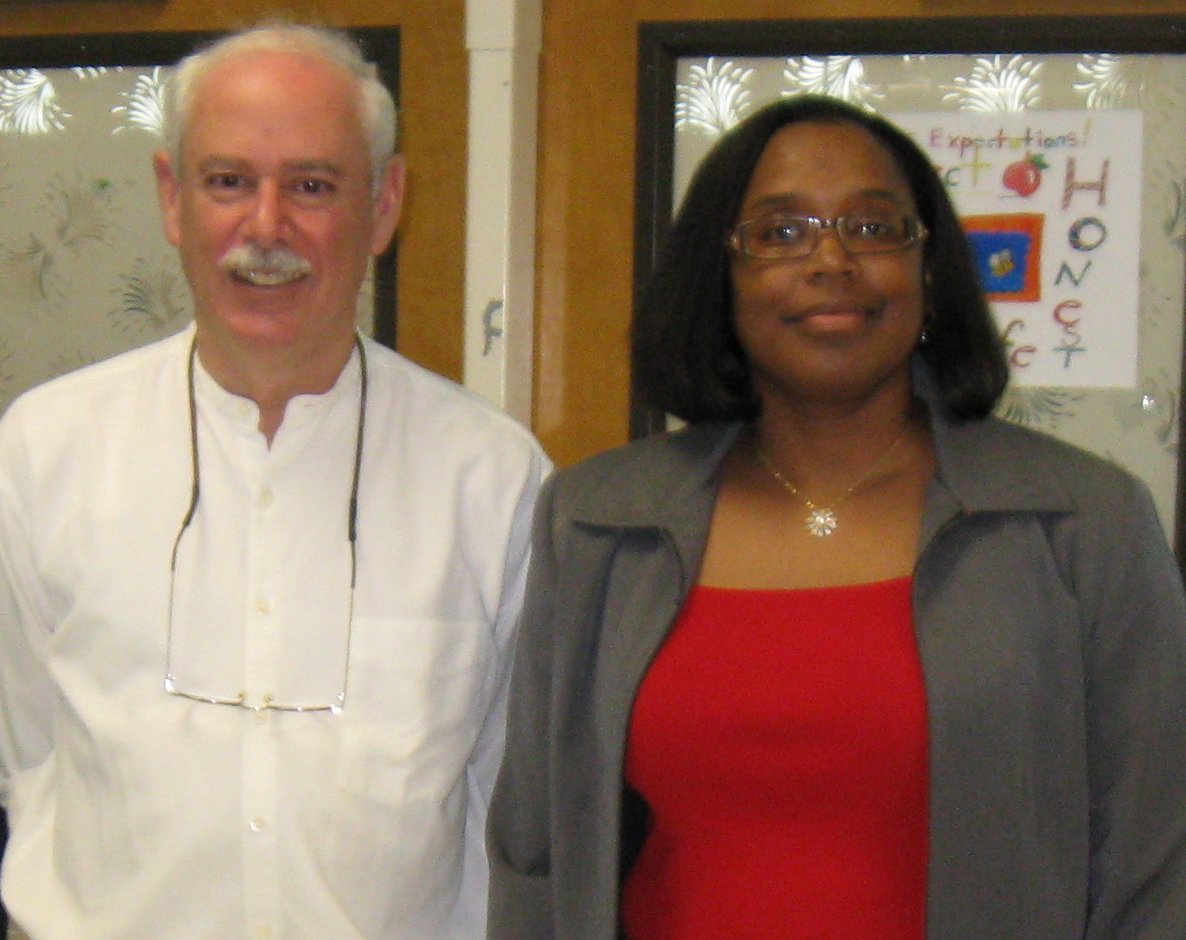
For example, initially, our Q&A was simply a time for students to ask questions. Then we realized, the Q&A session can also provide valuable information regarding ideas and topics that the students find appealing. Getting their input on all things related to the café has promoted a positive and energetic vibe that can help maintain the science café momentum. We are also placing a stronger emphasis on collaborating with others who demonstrate a passion for the mission of a teen science café. Coordinating seems to get easier as we progress, but it takes a strong commitment.
Flexibility. We are learning to go with the flow. This can be rather difficult when dealing with strictly scientific thinkers on our adult planning team. In a laboratory experiment, a scientist is not encouraged to proceed in the face of numerous (and often unknown) variables. Though our coordinators tend to over plan (which is a good thing!), we are now getting better at adapting to the things that we cannot control. Hands on interactions are key to engaging the teens, but it takes guidance, support and practice to get them right. For us, it is a team effort.
We are constantly learning, and The Ion Science Café continues to evolve. Though we have held a number of events for high school students, we are excited to be a part of the Teen Science Café Network. We are eager to share our successes and our trial-by-error discoveries.
If in doubt… we’ll try it out!
